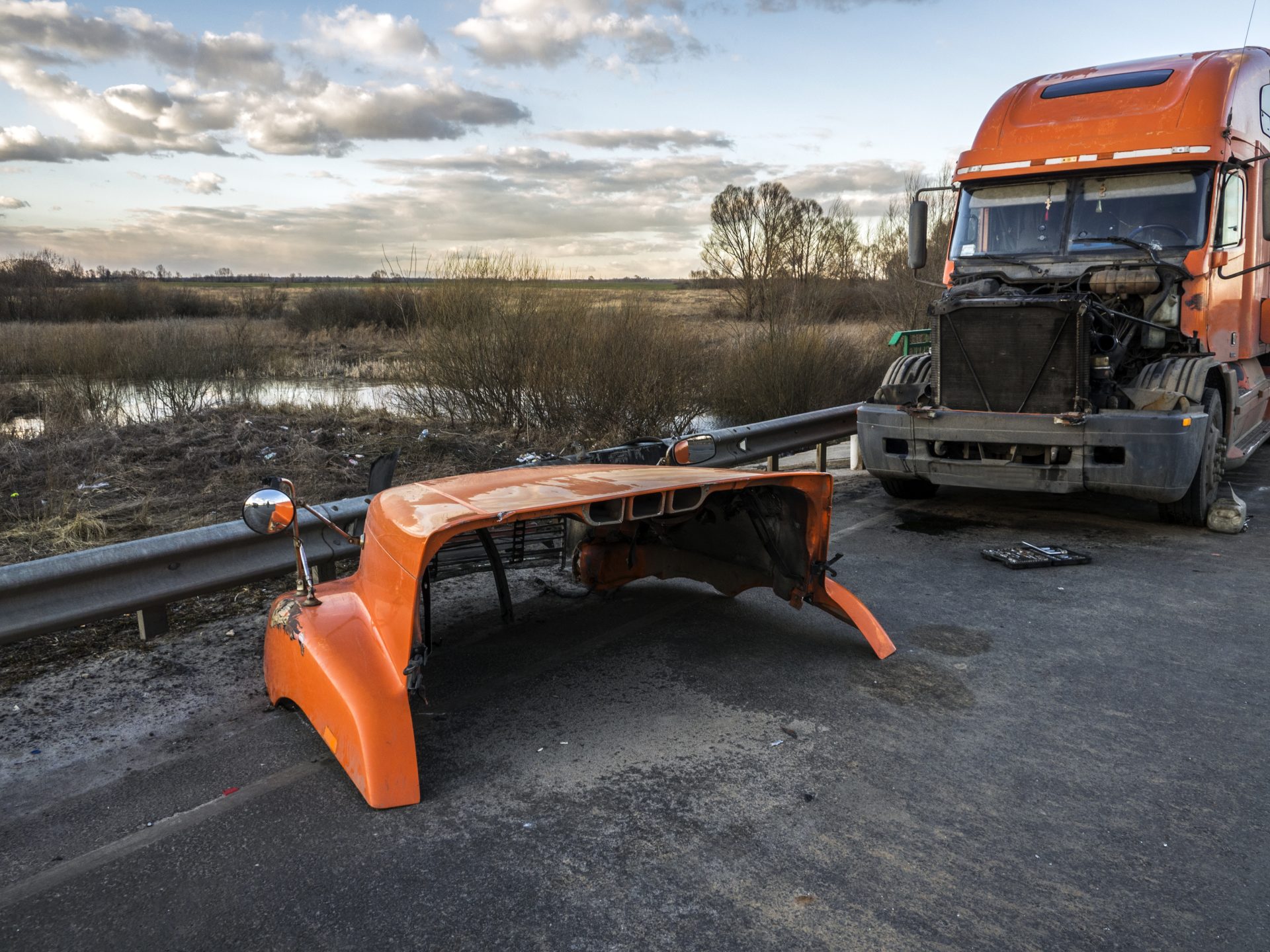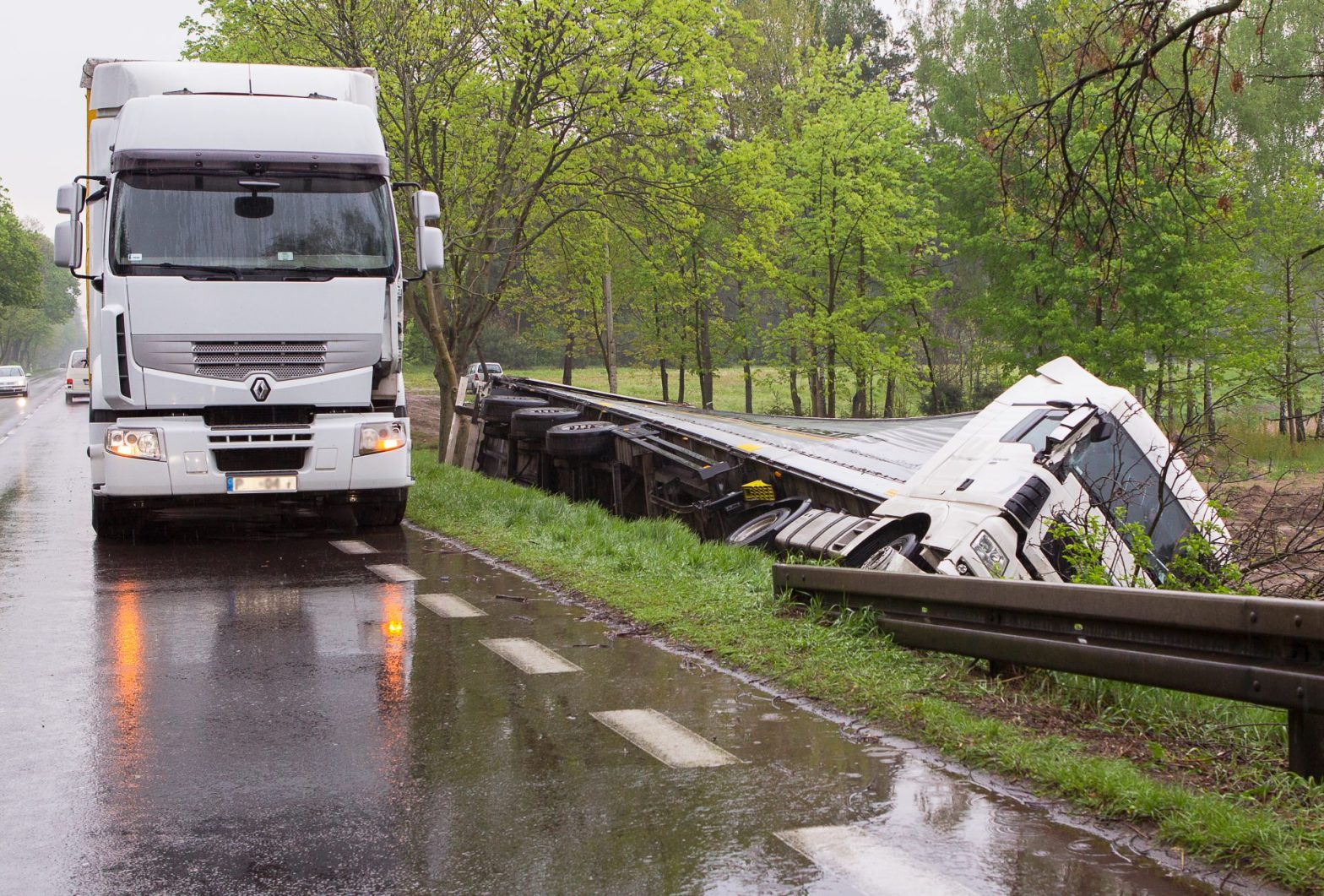Large trucks in the form of 18-wheelers/ tractor-trailers serve as a common sight across American highways. While they play a crucial role in the transportation industry, they are capable of causing serious damage when involved in accidents. If you or someone you know has been involved in a truck accident, seeking compensation might appear to be challenging, given the different intricacies at play. While equipping yourself with relevant knowledge is good, you should also consider seeking advice from an experienced truck accident lawyer.
Truck Accidents in Numbers
Data indicates that the U.S. has around 13.5 million registered trucks. Of these, 2.97 million are tractor-trailers, and the number of single-unit trucks stands at 10.5 million. Given these staggering numbers, the potential for accidents is huge. Here are statistics that the National Safety Council (NSC) released for 2021.
- 5,700 large truck accidents resulted in fatalities (over 15 per day)
- Of all vehicular-related fatal crashes, large trucks accounted for 9%
- 117,300 large truck accidents resulted in injuries (over 321 per day)
Common Types of Truck Accidents
There are various types of truck accidents, and these are among the most common.
- Rollover. A truck rollover can cause significant damage, and this typically happens when a driver swerves suddenly or takes a tight turn at a high speed. Another possible cause is a blowout. The result is the truck flipping and rolling over, with the entire truck scraping on one side.
- Rear-end collision. When a truck rear-ends a car or any other smaller vehicle, the damage caused by the impact can be immense. Often, the cause is distracted driving, speeding, or inexperience.
- Head-on collision. A head-on collision might take place if a truck driver is negligent, reckless, fatigued, or loses control of the vehicle, thereby steering into oncoming traffic.
- T-bone accident. These accidents typically occur at intersections, when distracted, speeding, or drowsy drivers jump red lights and crash into the sides of other vehicles.
Determining Liability
One of the key roles of a truck accident attorney is to determine who is at fault in an accident. When it comes to truck accidents, liability may rest with different parties. These include truck drivers, trucking companies, truck manufacturers, loading companies, insurance companies, and government bodies. If different parties are liable, you might be able to receive compensation from more than one. The minimum level of insurance that large trucks require in the U.S. is set at $750,000.
Truck accident lawyers and attorneys account for different rules and regulations that fall under the purview of the National Highway Traffic Safety Administration (NHTSA) to determine liability. Some of the common types of negligence include:
- Driver error. Instances of truck drivers driving recklessly are not uncommon. Having to deal with deadlines, they might take to overspeeding or ignore signs of exhaustion. In addition, accidents also occur when drivers are distracted, intoxicated, or using their mobile phones.
- Poor maintenance of vehicles. Given that large trucks spend a considerable time on the road, their ongoing maintenance is crucial. Problems that may lead to accidents include faulty brakes, uneven/defective tire tread, broken axles, and failure of U-joints.
- Improper loading of cargo. Improper loading of cargo can make a truck unstable, and any shift in weight can cause a truck to tip over.
- Faulty of equipment. There are instances when truck manufacturers install faulty equipment or parts, which may then result in accidents.
- Violations. Truck drivers need to be aware of whether they are in violation of any law by using any particular roadway. If they meet with an accident on any such road, the liability falls upon them almost automatically.

Seeking Damages
When truck accident attorneys/lawyers evaluate claims, they need to determine the extent of the damage and injuries their clients suffer. If you’re involved in a serious accident, you might have to deal with ambulance and hospital expenses, and you’ll also need to account for the cost of long-term care.
When determining how much money to seek as compensation, you need to account not just for the expenses related directly to the accident, but non-economic damages that come in the form of pain, suffering, and loss of companionship as well. Your truck accident lawyer will arrive at a claim amount only after considering all these factors. Depending on the specifics of your case, the compensation you receive may vary from thousands of dollars to millions.
What If Your Case Goes to Court?
While your truck accident attorney might try to reach a settlement with the opposing parties without going to court, it might not lead to desired results. This could be if the other parties don’t want to settle or if the compensation amount they offer during negotiations is not up to the mark.
If you win your case in court, the ruling might come with compensatory and punitive damages. Compensatory damages account for the economic and non-economic losses you suffer owing to the accident. These include, but do not limit to:
- Hospital bills
- Ongoing medical expenses
- Lost wages
- Loss of future wages
- Loss of opportunity
- Loss of enjoyment
- Loss of companionship/consortium
- Mental trauma, pain, and suffering
- Disfigurement
When it comes to punitive damages, trucking accident lawyers need to establish that intentional misconduct or gross negligence on the part of the defendant resulted in the accident.
Conclusion
Dealing with the legalities involved in a truck accent can be complicated, especially because of the need to identify the exact cause and determine who is responsible (since it can be more than one party). For example, if a truck swerved into oncoming traffic and hit you head-on, was it because of a mechanical failure or driver error? If it’s the former, was it because of faulty equipment or poor maintenance?
After truck accident lawyers determine liability, they take a close look at the extent of your damages and seek compensation accordingly. Navigating the system without a personal injury attorney or lawyer by your side might seem like an uphill task, which is why it’s best that you seek professional assistance at the earliest.

